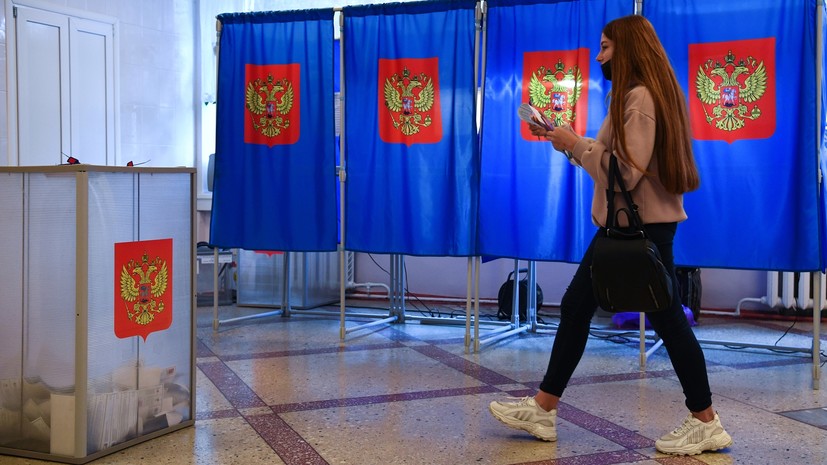The key factor that will influence the outcome of the Moscow municipal elections will be the patriotic consensus around the president and the ruling party.
This opinion was expressed by political scientists who took part in the round table "Municipal Elections in Moscow: Campaign Progress, Forecast of Results".
The event was held on September 2 at the initiative of the Civil Society Development Fund (ForGO).
Experts presented forecasts for the results of the upcoming elections, and also discussed what role the remote voting system and its boycott by opposition political forces could play in them.
Analysts agreed that the advantage in the campaign is likely to go to candidates from the United Russia party and from the public association My District, which relies on the metropolitan urban improvement program of the same name.
Recall that the elections of deputies will be held from 9 to 11 September in 125 of the 146 municipalities of the capital.
CBO factor
As Konstantin Kostin, chairman of the board of the Civil Society Development Fund (FORGO), explained, the patriotic consensus, which is expected to affect the elections of municipal deputies in Moscow, has developed around support for a special military operation (SVO) and opposition to Western sanctions.
In addition, according to him, this concept also includes the approval of the decisions of the President of the Russian Federation and United Russia, which increases the chances of candidates from this political force winning.
“We see that in the country as a whole, United Russia has increased its rating over the past six months by 10%,” the expert said.
He noted that today about 50% of the capital's voters support the government, 25% support the opposition.
Another 25% of Muscovites have not yet made their choice, and it is they who can influence the final results of the vote, says Kostin.
Director of Political Analysis of the Institute of Social Marketing (INSOMAR) Viktor Poturemsky, in turn, believes that the "United Russia" can get the most support (about 50%) in the system of remote electronic voting (DEG).
This, in particular, is evidenced by the results of a sociological study that took place on August 28-29, in which 2,000 Muscovites took part.
According to the survey, 55% of respondents are aware of the elections and are ready to vote.
However, according to forecasts, the overall voter turnout will be 28-32%, Poturemsky said.
Commenting on remote electronic voting, Konstantin Kostin drew attention to the fact that the system does not involve "additional registration", which "will make the procedure more transparent and increase people's confidence in this method of voting."
According to experts, the DEG is especially relevant for those who have not yet made their choice and will vote remotely at the last moment.
Political scientist Alexander Asafov on the upcoming municipal elections in 2022
Political scientist Alexander Asafov also believes that United Russia candidates have the strongest pre-election positions, since they all adhere to the same program to improve the lives of citizens and beautify Moscow.
The analyst agrees that United Russia can receive up to 50% of support within the framework of the DEG, while, according to his estimates, this figure will range from 13 to 30% at ordinary sites.
Asafov also told how the DEG and polling stations were updated for the upcoming vote.
“A certain innovation is the absence of a re-vote, which raised many questions during the last campaign ... Special scanners will appear at the polling stations, to which a person can attach their passport, since now there is an electronic register with up-to-date voter data.
It will help to avoid identification-related errors in real time,” the political scientist explained.
Boycott policy
As for the opposition, according to experts, it performs rather weakly within the framework of the current election campaign.
As Aleksey Chesnakov, director of the Center for Current Politics, noted, opposition candidates were unable to prepare for voting in advance due to the lack of the necessary organizational and information resources, as well as an election campaign strategy.
Gettyimages.ru
© RUNSTUDIO
In addition, the opposition rejects the DEG, thus conceding this voting channel to political competitors.
The electorate is also embarrassed by the contradictory rhetoric of the opposition: some of them criticize the elections in advance, talking about possible fraud, but at the same time urging voters to vote.

